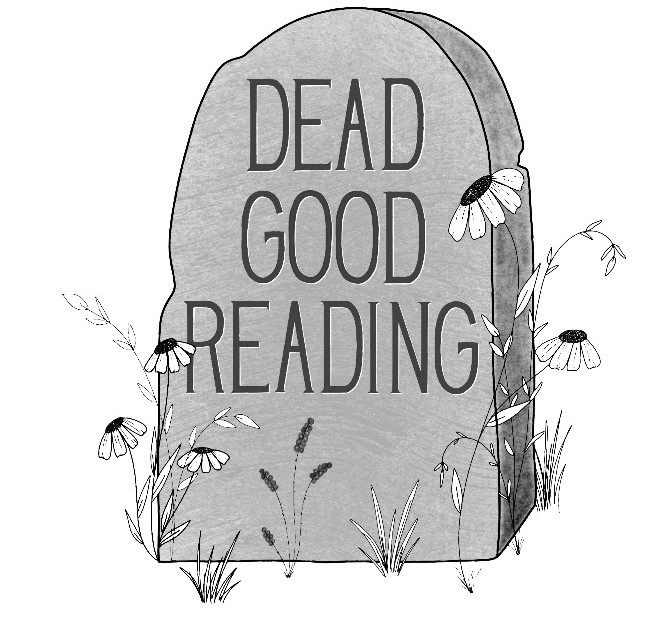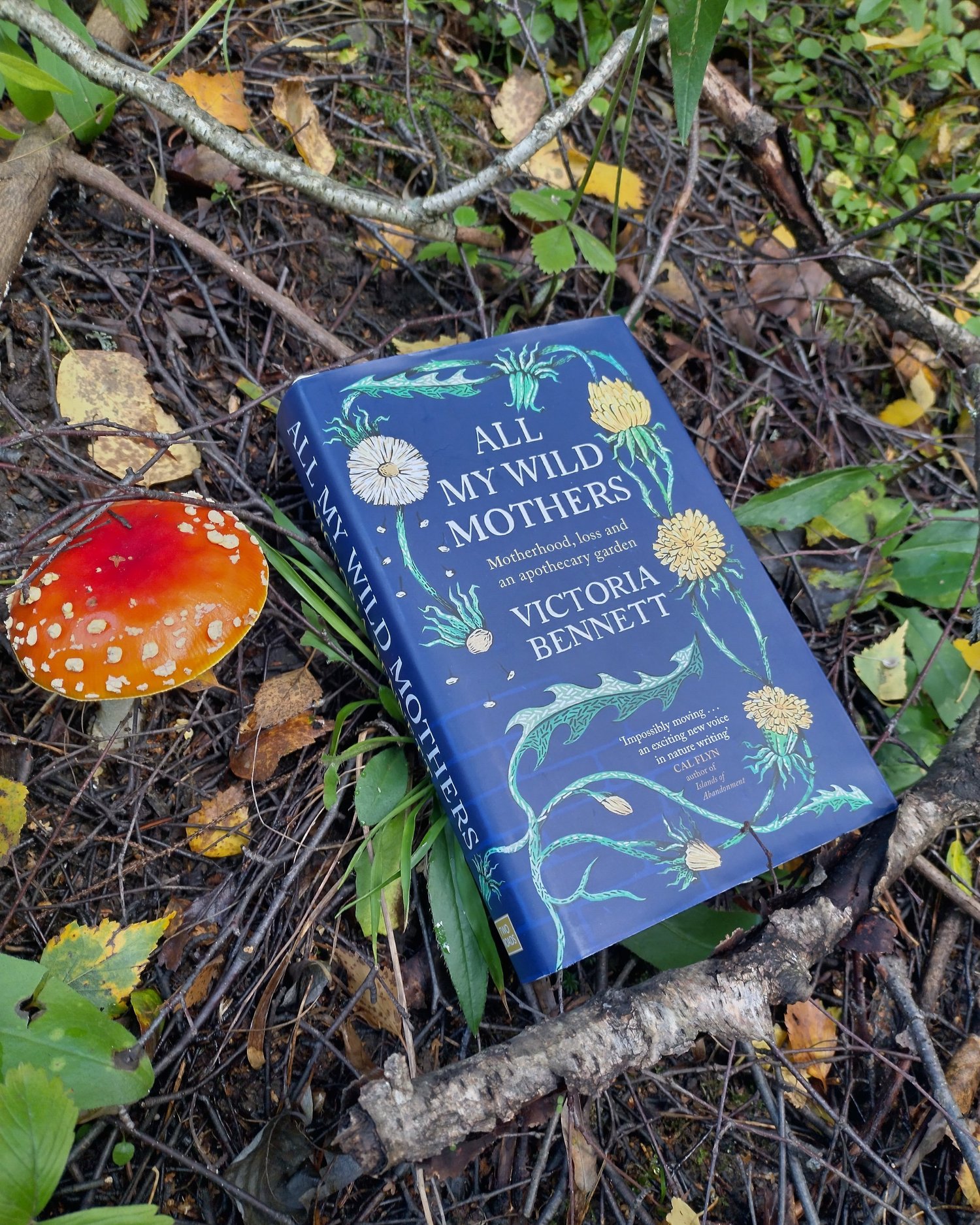All my Wild Mothers: Motherhood, Loss and an Apothecary garden is a memoir written by Victoria Bennett. Previously Bennet wrote the poetry collection To Start the Year from Its quiet Centre which focused on the dying and death of her mother. In many ways her mother’s death fits in the natural order of things; at some point the older generation needs to make way for the newer generation. All my Wild Mothers features a series of losses, including the aforementioned death of her mother, but also some losses that perhaps shake the foundation of a person more than other ones. Pregnancy loss, sibling loss, loss of livelihood and living in poverty are at the centre of this narrative. As they say, ‘when it rains, it pours’.
When Bennett is seven months pregnant the phone rings to inform her that her eldest sister has died in a canoeing accident. What is supposed to be a period of preparing for motherhood, turns into a seemingly never-ending grief.
“My ugly grief does not fit this pink-tinged world of motherhood. No one wants to hear about death, so close to birth. In my last trimester, there were no trips to buy baby clothes, no antenatal classes to learn breathing techniques for an easier birth, no numbers swapped with other expectant mums. When others were nesting, I stayed in my room and cried and, when the time came, I gave birth at home beside the coal fire, as snow fell from the January sky.”
-All my Wild Mothers (Bennett, 2023, Page 70)
While life and death go hand in hand, a thing Bennet knows first-hand as she experienced pregnancy loss, it is terribly difficult to grief ‘properly’ in a time which is stereotypically presented as joyous. New mothers, in any case, are often forced to internally fight with doubts, fears and negative thoughts, but this is exacerbated when death has also joined the party.
Sibling loss is not always acknowledged in the same way as other losses. Cathy Rentzenbrink wrote about this in the Last Act of Love; how, after the death of her brother. there was more space for her parents’ grief, and very little space for hers. For Bennett, the grief waves caused by her sister’s death continue to ripple years after the physical death.
“What was meant to be our happy-ever-after has turned out to be our barely-hanging-on. It has been four years since my sister died, and my son was born. Since then I have walked like a ghost-mother, broken by grief that wraps itself around me and will not let go. I am worn down and tired of failing to be the lover, the mother, the women I thought I was meant to be”
– All my wild mothers (Bennett, 2023, page 8)
I personally have one sibling, an older brother. We are both not really great at keeping in touch (and me moving abroad has not helped), but even though we only see each other a few times a year, there is a connectedness and the potential to contact each other. I can’t imagine how I’d feel if that potential is taken away.
Bennett has what the medical profession subtlety refer to as ‘a geriatric pregnancy’ and, as an ancient mother, gives birth to a son. She raises him on a housing estate build on top of disused industrial stonework. From the rubble Bennett creates a beautifully wild apothecary garden. She teaches her son about nature and tries to transform the housing estate into something magical and sublime. But wile Bennett embraces the wildness of nature, the housing estate also painfully makes clear the social division of live: Bennett’s family is not allowed to keep life stock in the garden, whereas she would have been able to keep their beloved chickens if she had been a homeowner.
The garden which Bennett creates, grows and nourishes with her son is on the one hand a charming way to go back to basics, a way to use nature as a way to heal. On the other hand it has a strong undertone of necessity as Bennett and her family are very much touched by austerity. As much as the cost of living crisis currently occurring in the UK is rebranded with the cutesy ‘cossy livs’, its real lived reality is anything but cute.
Each chapter of the book starts with a description of a plant, herb or flower, and their use or healing properties. They are nice reminders for modern day people of what nature has to offer.
Consequently, All my Wild Mothers provided me with various flashbacks to grade 7. I am not sure if this is still a thing, but when I was a child, grade 7 was the year Amsterdam children were taught that plants come from the soil and not necessarily from supermarkets. This was called schooltuintjes, little school gardens. We were all given temporary ownership of a small strip of land, on the outskirts of Amsterdam (it may well have not been on the outskirts, but it did feel like the end of the world to me at the time), and we grew various flowers and vegetables. For some reason (let’s call it my amazing gardening skills) my allotment was the only one which successfully grew garlic. To this day I am fuming that on the day of harvest, I was ill and my pride was given to other children.
All my Wild Mothers has been written over a period of 10 years, and I enjoyed reading this book a few chapters at a time, and to really take my time soaking it up. It will appeal to readers who love a memoir, would like to learn more about nature, and are open to different ways of living life and raising a family. And, perhaps slightly self-evident, due to my personal interests in the topic, it is a lovely book that offers interesting insight in the role death plays in the making and breaking of human bonds and connection.
Victoria Bennet was born in Oxfordshire in 1971. She is a poet and an author and founded Wild Women Press in 1999 to support rural women writers in her community, and since 2018 has curated the global Wild Women Web project, an inclusive online space focusing on nature, connection and creativity. When not juggling writing, full-time care and genetic illness, she can be found where the wild weeds grow. All my Wild Mothers is her debut memoir. To find out more about Victoria Bennett, visit her website.


Leave a Reply